
Cardiorenalmetabolic
Latest News
Latest Videos

CME Content
More News

Papillary muscle scarring has a substantial association with both cardiovascular mortality and arrhythmia.

Researchers urged caution in interpreting DECAF Trial results that suggest daily coffee intake is linked to a lower risk of atrial fibrillation recurrence.

The trial did not meet its primary end point for reducing plaque progression.
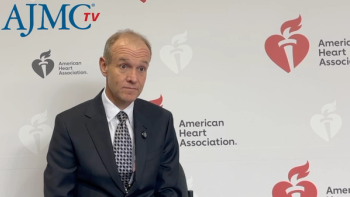
Tirzepatide's dual mechanism targets GIP and GLP-1, so it provides strong cardiovascular benefits, said Stephen Nicholls, MBBS, PhD, MBA.
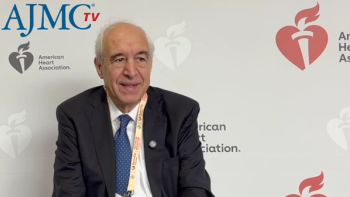
New findings reveal sotagliflozin's benefits for patients with heart failure with preserved ejection fraction without diabetes, said Juan Badimon, PhD.
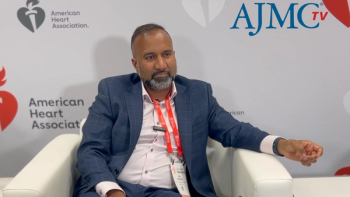
Integrating nephrology and cardiology care for patients with kidney and cardiovascular (CV) risks can be challenging but is possible, said Roy Mathew, MD.

Combining 3 standard therapies into a single pill improved outcomes for adults with heart failure with reduced ejection fraction.

New research suggests stress cardiac MRI could help diagnose angina and improve quality of life for patients whose arteries appear clear on angiography.

Only 4% of NIH prevention projects target health disparities, revealing a major gap between equity research and real-world implementation.

In a phase 3 trial, the investigational oral PCSK9 inhibitor enlicitide reduced LDL cholesterol by nearly 60% in adults with or at risk for ASCVD.

Experts at AHA 2025 outlined how digital tools, inclusive trials, and safer deprescribing can reshape cardiovascular care for aging adults.

Research shows how low-dose aspirin, lifestyle habits, and the Life’s Essential 8 checklist can affect cardiovascular risk in patients with type 2 diabetes.
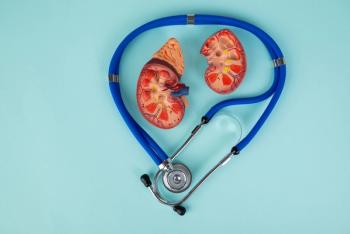
Researchers have developed a machine learning model that reliably predicts pulmonary hypertension (PH) risk in patients with chronic kidney disease (CKD).

Though patients with type 2 diabetes or chronic kidney disease (CKD) face a greater risk of heart failure (HF) following acute myocardial infarction (AMI), patients without those comorbidities also benefit from empagliflozin.
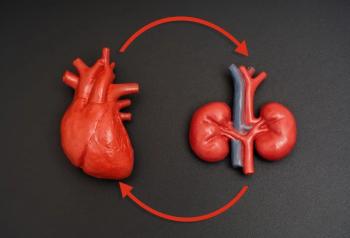
Overlapping metabolic mechanisms drive both chronic kidney disease (CKD) and valvular heart disease (VHD), a new review outlined.

Preclinical data suggest a possible synergistic interaction between estrogen and GLP-1 signaling, explains Regina Castaneda, MD.

CD45 + C1q + CCR8+ cells were found to be a novel immune-cell subset associated with kidney disease severity and progression risk.

Hormonal shifts drive fat redistribution, muscle loss, and bone decline—all risk factors for cardiovascular disease in women, says Brooke Aggarwal, EdD.

Researchers will present new findings on how menopause affects cardiovascular, brain, metabolic, and digestive health.

The 7-mg and 14-mg oral semaglutide tablets are now indicated to reduce the risk of major adverse cardiovascular events in adults with diabetes.

Metallomic correlations suggest environmental and metabolic metals act together to accelerate renal damage.

Remote monitoring and algorithm-based tools help pharmacists balance complex workloads in value-based care, says Lindsey Valenzuela, PharmD.

SGLT2 inhibitors may worsen heart failure outcomes from chemotherapy, highlighting the need for further long-term studies on cardiotoxicity, explains Rakendu Rajendran, MBBS.

Adults with diabetes were 24% less likely to visit an emergency department in 2021 than in 2019.

Lindsey Valenzuela, PharmD, explains how value-based models empower a single pharmacist to manage multiple layers of these disease states.
















